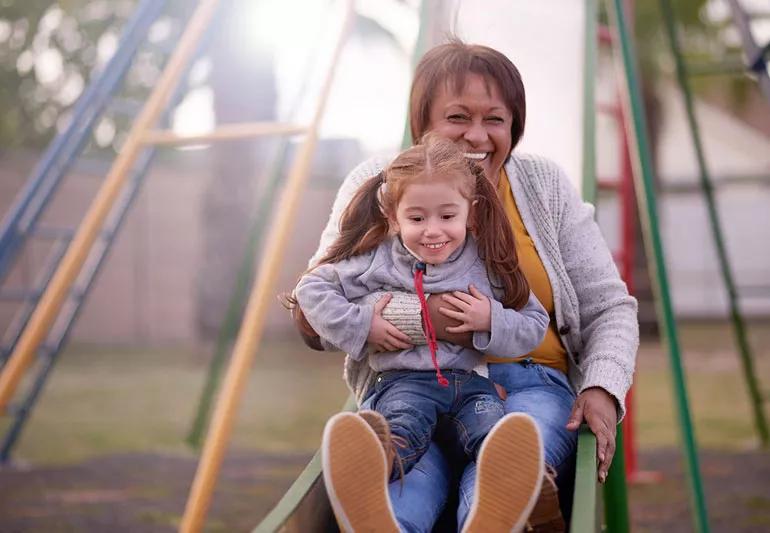Ensure your child’s safety with emergency consent letter

No one wants to imagine their children having any medical emergencies, particularly when they are leaving them with a sitter or family member. If you’re going to be away on a trip, whether for business or a vacation, there are some steps to take to protect your child.
Advertisement
Cleveland Clinic is a non-profit academic medical center. Advertising on our site helps support our mission. We do not endorse non-Cleveland Clinic products or services. Policy
According to Purva Grover, MD, Medical Director of Cleveland Clinic Children’s Pediatric Emergency Departments, you should leave these five key pieces of information with your sitter.
It’s important that they be readily available. Ideally, you place them in one folder or binder.
“Having your child’s physician involved is extremely important. They can be your liaison for taking care of the child,” Dr. Grover says. “Having everything in one file is important for the providers who might not know the patient so they can take care of your child. This is especially important if they have chronic conditions.”
The details will change, depending on your travel plans, but the letter should simply state the following: I, NAME, am going on vacation and will be out of town from DATE to DATE. I am leaving my son/daughter, NAME(S) and DATE OF BIRTH, with NAME and PHONE NUMBER. I can be reached at this phone number, NUMBER.
Advertisement
Dr. Grover adds that it’s very important to leave a contact number, so that you can be reached in case your child ends up in a medical emergency, and the doctor or medical personnel need to speak with you to obtain consent for an emergency procedure.
“It’s important to have that contact phone number where one of the parents or legal custodians can be reached, in case your child gets hurt at a playground, for example, and the sitter does not have the emergency letter physically with them,” she says. “A verbal consent is considered as good as personal consent, especially for the Emergency Department.”
When your child is at school – up through college – or at a preschool or day care facility, those institutions will already have the emergency consent forms and contact and medical information in their admissions file. A grandparent, neighbor or sitter, however, will not have that legal consent form or that information, unless you provide it for them.
The notarized emergency consent form, contact and medical information will expedite matters in the event of an emergency, but when it comes to children in any life or limb threatening.
“If your child is any life- or limb-threatening situation, no matter what, the doctors and hospital staff would take care of your child,” Dr. Grover says.
Advertisement
Learn more about our editorial process.
Advertisement

The best parenting style balances enforcing rules and showing plenty of love

If parents can’t get along with one another, they’ll need to determine what’s best for their child in separate situations

This burnout is characterized by physical and mental exhaustion and feelings like worry, guilt and overwhelm

It’s important to share the news in an honest and age-appropriate way and to open the lines of communication going forward

Don’t lose sleep over color palettes — your ‘sad beige baby’ couldn’t care less

Communicating with your family, setting expectations and finding healthy distractions can make life easier once your kiddo flies the coop

Setting specific expectations and praising good behavior are crucial to cultivating discipline

Posting intimate details of your child’s life on social media, like their birth date and school name, can have serious consequences

The tropical fruit is a good source of antioxidants and vitamin C

Most people fall asleep within 10 to 20 minutes, but if your experience is different, adjusting your sleep schedule may help

Exploring your hidden side can lead to better understanding of what makes you tick